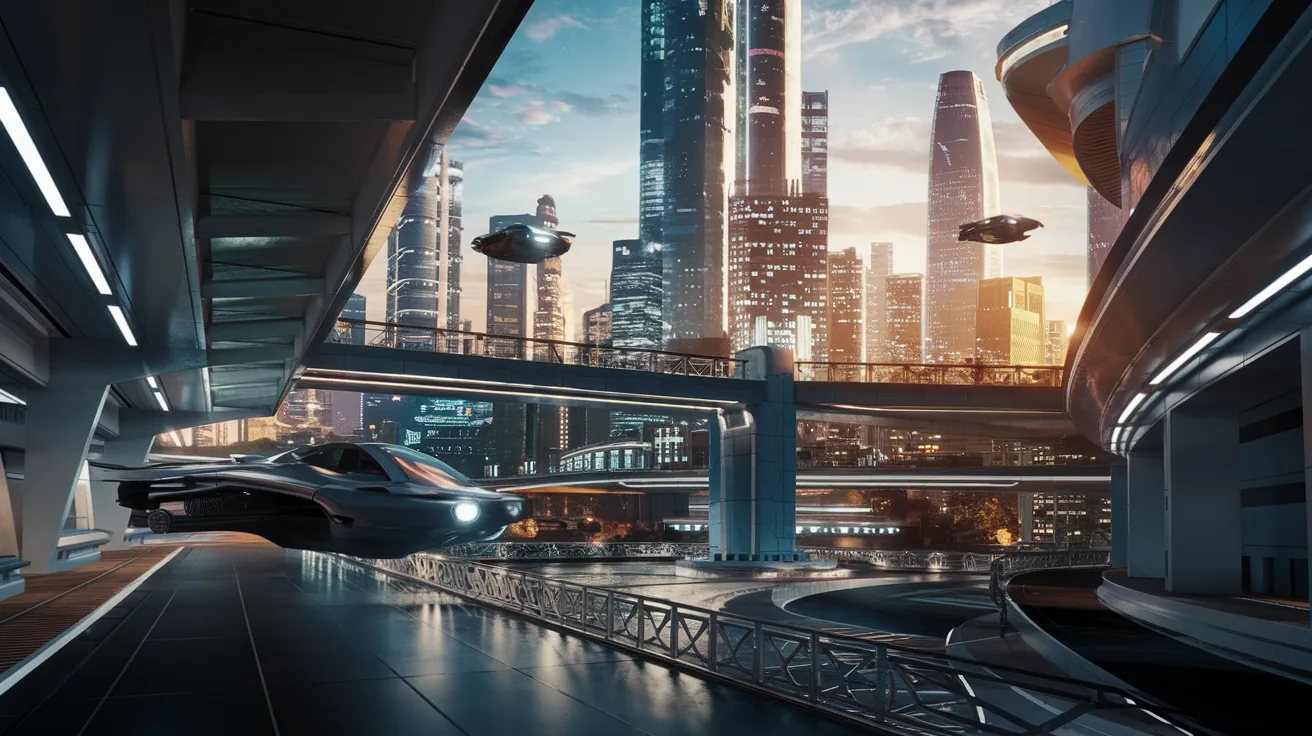Microsoft Adopts Google’s AI Agent Standard

In a noteworthy advancement for AI interoperability, Microsoft announced its commitment to adopt Google’s recently unveiled open protocol known as Agent2Agent (A2A). This decision signifies Microsoft’s strategy to enhance collaboration between AI agents across different platforms and services. On May 7, 2025, the company revealed that it would integrate A2A support into its Azure AI Foundry and Copilot Studio environments.
The company emphasized that, by embracing A2A and improving its orchestration platform, it is setting the stage for what it describes as the “next generation of software,” which focuses on collaboration, observability, and adaptability. According to Microsoft, the most effective AI agents will function across various applications and cloud services, enhancing workflows by allowing agents to operate seamlessly together.
The Application of the A2A Protocol
Google’s A2A protocol, introduced in early April, facilitates the interaction of AI agents—semi-autonomous programs equipped with AI capabilities—across multiple clouds and applications. The protocol enables these agents to share objectives and trigger actions, providing developers with a framework to ensure secure collaboration. Upon integrating A2A support, developers using Azure AI Foundry and Copilot Studio can leverage external agents to perform diverse tasks. For example, a Microsoft agent might handle scheduling meetings while a Google agent takes charge of drafting email invitations.
Building Complex Workflows
Microsoft elaborated that this integration allows customers to create intricate multi-agent workflows that can include internal and partner tools, all while adhering to governance policies and service-level agreements. The impetus behind this development aligns with broader industry efforts to establish standardized protocols for agent cooperation.
Growing Interest in Agentic Technology
As interest in agentic technology surges, Microsoft’s decision reflects a significant industry trend. A recent KPMG survey indicated that 65% of companies are exploring the use of AI agents, highlighting the growing recognition of their potential to enhance efficiency and productivity within organizations. Additionally, Markets and Markets projects the AI agent market will expand rapidly, anticipated to jump from a valuation of $7.84 billion in 2025 to an impressive $52.62 billion by 2030.
Keeping Up with Industry Standards
This latest initiative follows Microsoft’s prior support for MCP, Anthropic’s standard for connecting AI systems directly to data sources within Copilot Studio. The adoption of such standards is a testament to the collaborative spirit among leading AI model providers, including Google and OpenAI, who have also committed to integrating MCP into their systems.
By aligning with the A2A framework, Microsoft not only strengthens its portfolio but also plays a pivotal role in shaping the future of AI agent interaction, paving the way for more integrated and efficient technological ecosystems.